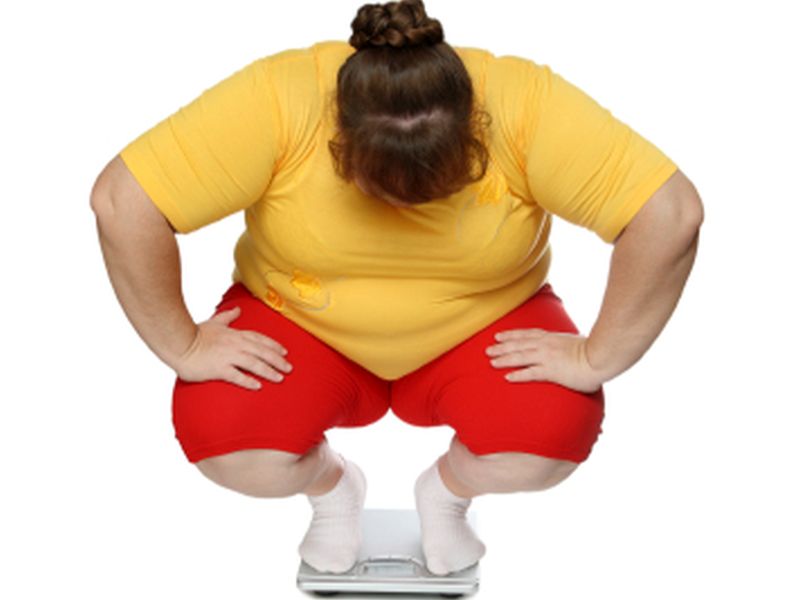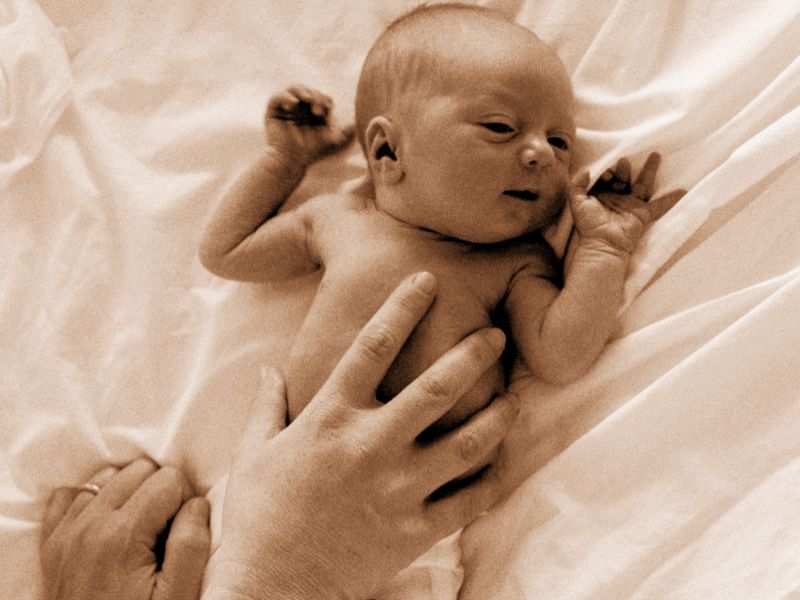
Starting at age 7, kids can get stuck in a vicious cycle of obesity and emotional problems that is hard to escape, British researchers say. Investigators are not sure what triggers the struggle, but new study findings suggest that, over time, youngsters who are obese are likely to develop anxiety and moodiness, while those with… read on >






























